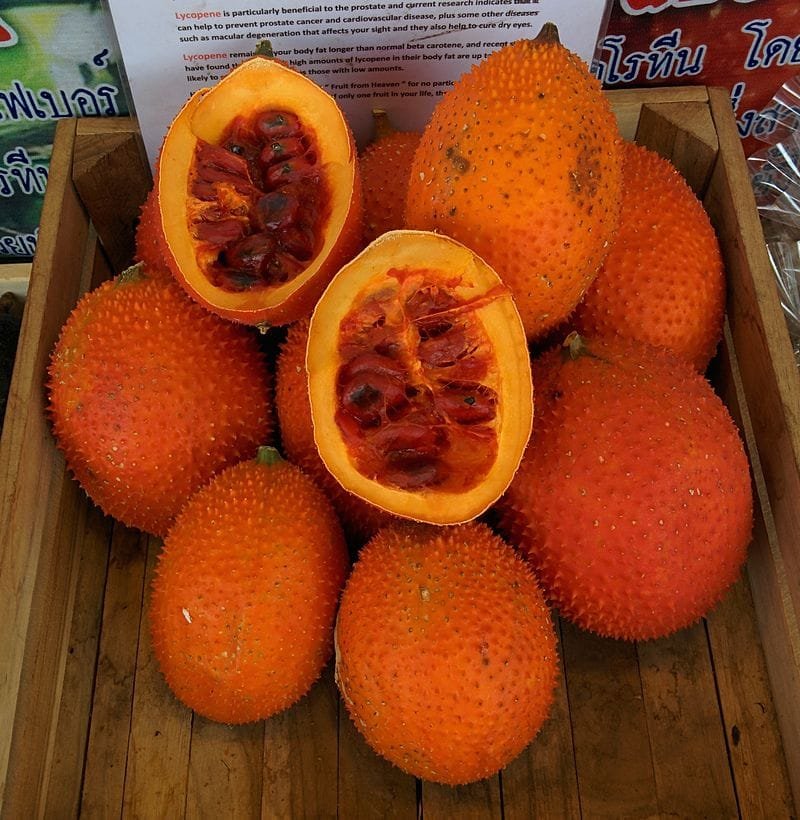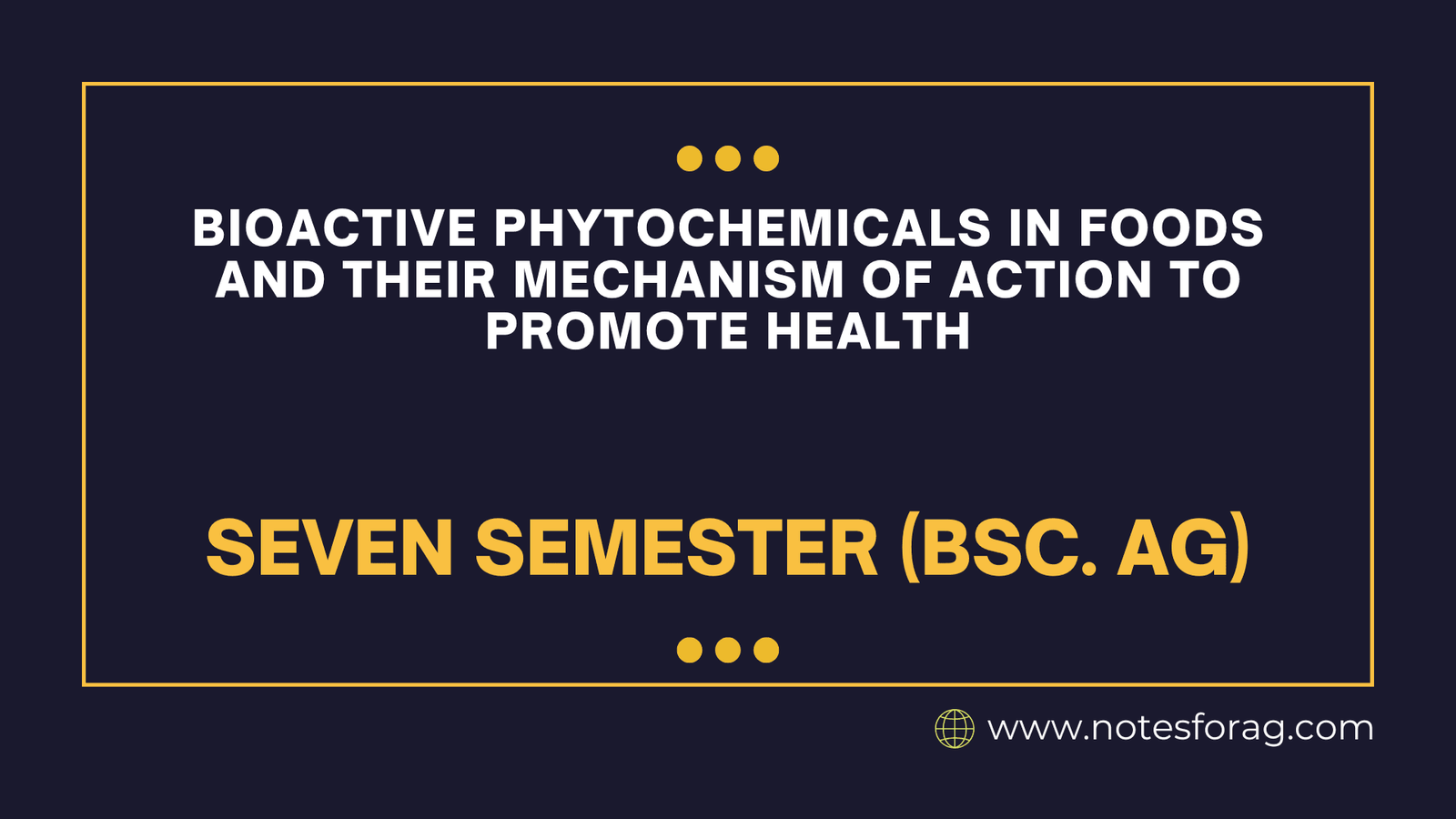Bioactive phytochemicals
Bioactive phytochemicals are natural substances found in plant-based foods such as fruits, vegetables, whole grains, nuts, seeds, herbs, and spices. While not essential like vitamins or minerals, these compounds can greatly benefit health. Phytochemicals, unlike essential nutrients, are not required for basic bodily functions, yet they enhance wellness by positively influencing biological processes. Let’s explore these compounds, their sources, and how they improve health.
Table of Contents
Types of Bioactive Phytochemicals
Phytochemicals are divided into several groups based on their structures and effects, including:
Flavonoids
Found in foods like berries, onions, tea, and red wine, flavonoids offer antioxidant benefits and help keep the heart healthy.
Carotenoids
Present in carrots, tomatoes, and leafy greens, carotenoids are beneficial for vision and immune support.

Polyphenols
Available in green tea, dark chocolate, and red grapes, polyphenols are strong antioxidants.
Alkaloids
Found in coffee, cocoa, and some spices, alkaloids boost central nervous system activity, aiding alertness and mood.
Glucosinolates
Found in broccoli and cabbage, glucosinolates may help remove harmful substances from the body.
Each category has specific compounds with unique roles, contributing to the health-promoting effects of plant-based foods.
How Phytochemicals Promote Health
Bioactive phytochemicals benefit health by interacting with cells and systems in diverse ways. Key ways they work include:
Antioxidant Properties
Many phytochemicals, like flavonoids and polyphenols, act as antioxidants, helping to neutralize free radicals unstable molecules that can harm cells and contribute to aging, inflammation, and diseases such as cancer.
Anti-inflammatory Actions
Chronic inflammation is tied to conditions like heart disease, diabetes, and cancer. Phytochemicals, like curcumin in turmeric, can reduce inflammation by regulating immune cell responses, which helps enhance overall health and longevity.
Enzyme Regulation
Phytochemicals like glucosinolates can boost the body’s enzymes that detoxify harmful chemicals, reducing the risk of diseases, including cancer.
Hormone-Like Actions
Certain phytochemicals mimic hormones. Phytoestrogens in soy products, for instance, resemble estrogen and can interact with estrogen receptors, potentially helping balance hormone levels, especially for menopausal women.
Gene Expression and Cell Signaling
Phytochemicals like resveratrol in red grapes influence cell communication pathways related to aging and metabolism, which can help prevent chronic conditions like obesity, diabetes, and neurodegenerative disorders.
Supporting Gut Health
Polyphenols in foods like green tea and berries act as prebiotics, supporting beneficial gut bacteria, which are essential for digestion, immune function, and even mental health.
Health Benefits of Phytochemicals
These mechanisms make phytochemicals beneficial for preventing and managing health issues, including:
Lowering Heart Disease Risk: Phytochemicals like flavonoids and carotenoids help reduce inflammation, improve blood vessel function, and lower cholesterol, which can protect against heart disease and stroke.
Cancer Prevention: Some phytochemicals may protect against cancer by neutralizing harmful substances, reducing DNA damage, and inhibiting cancer cell growth.
Enhanced Immune Health: By reducing inflammation and supporting gut health, phytochemicals strengthen the immune system, helping the body resist infections.
Brain Protection: Antioxidant and anti-inflammatory phytochemicals, like resveratrol and curcumin, help protect brain cells, potentially lowering the risk of diseases like Alzheimer’s and Parkinson’s.
Improved Metabolic Health: Polyphenols and other phytochemicals help regulate blood sugar and improve insulin sensitivity, essential for managing weight and preventing type 2 diabetes.
Adding Phytochemicals to Your Diet
To get a variety of phytochemicals, eat a range of colorful, plant-based foods. Each color represents different types of phytochemicals, so eating a “rainbow” of foods like red tomatoes, orange carrots, yellow peppers, green spinach, and purple blueberries can maximize their health benefits. Prioritizing whole foods instead of supplements is usually better, as the natural form of these compounds often provides more powerful effects.
In essence, bioactive phytochemicals are beneficial compounds that promote health in various ways. They neutralize free radicals, reduce inflammation, support gut bacteria, and regulate other bodily functions, making them key for disease prevention and wellness. A diet rich in plant-based foods is a foundational element for a healthy, balanced lifestyle.
Frequently Asked Questions (FAQ)
Can bioactive phytochemicals cure diseases?
Phytochemicals are not cures but can help reduce the risk of chronic diseases when part of a balanced diet. They work by enhancing the body’s natural defense mechanisms, promoting overall wellness, and helping prevent disease rather than providing treatment for specific conditions.
Can phytochemicals help prevent aging?
Yes, many phytochemicals, like antioxidants, help protect cells from oxidative stress, which is linked to aging. Certain compounds, such as resveratrol found in red grapes, have been shown to influence pathways associated with longevity and cellular health, potentially slowing the aging process.
Related Articles

